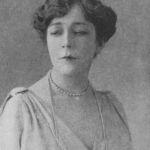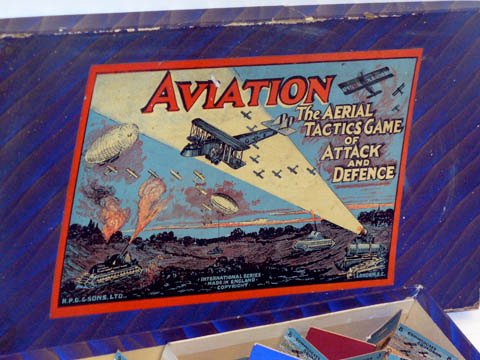[Cross-posted at Cliopatria.]
Just a brief note on a conference I attended earlier this week at Monash University, ‘The Pacific War 1941-45: Heritage, Legacies & Culture’. I wasn’t presenting, just listening; in fact I only decided to go at the very last minute, mainly on the basis that it seemed silly not to given that it was held in my own town!
And I’m glad I did go. Although the area is just outside my own (same war, different theatre) there were plenty of interesting comparisons and contrasts to be made. For example, there was a paper by Jan McLeod (Newcastle) analysing one air raid, the Japanese bombing of an Australian army hospital at Soputa in Papua in 1942. The following year the incident was studied by a retired judge to see if it should be referred to the United Nations Commission for the Investigation of War Crimes. Despite understandably heated emotions, it was decided not to since the hospital was situated right next to a valid target, 7th Division HQ, and a road carrying supplies to forward areas went straight past it. Now I want to know if anyone in Britain debated referring the Blitz or portions thereof to the Commission. (Goering was tried at Nuremberg, of course, but the tribunal’s judgement makes no reference to aerial bombardment at all, save his threat to Hacha in May 1939 to bomb Prague if Czechoslovakia resisted German occupation.) Richard Waterhouse (Sydney) gave an overview of his research into the mood in Australia in the months following the start of the Japanese offensive. Initially it was fairly complacent thanks to the confidence in Fortress Singapore, but as the Japanese advance began to seem irresistible and the prospect of bombing and invasion opened up, signs panic began to appear. In fact, what he described reminded me very much of the Sudeten crisis in Britain a few years before: people fleeing the cities, trenches being dug in public spaces. Maybe somebody needs to look at such panics from a transnational perspective…
As always, one of the best things about going to conferences is being able to put faces to names, such as Ken Inglis and Joan Beaumont (ANU): big names in Australian military history. (I found Joan’s talk, on Thai memorialisation of the Thai-Burma railway, one of the most interesting of the conference.) I’d already met Jay Winter (Yale) — not that he’d remember me! — at Exeter; he was very kind about my book news. And of course it’s good to meet other ‘early career researchers’, as the official jargon goes here in Australia (shout out to Elizabeth Roberts, Lachlan Grant, and Adrian Threlfall goes here). It’s starting to feel a bit odd though, turning up to conferences and having to explain to everyone I talk to that I’m an independent historian (and looking for work… slightly hysterical laugh goes here); I always seem to be the only one doing that, except for people at the other end of their careers, who have retired but are still researching and writing. It’s just me, nobody made me feel in the slightest unwelcome, but I worry about it.
To get back to the history: the conference wasn’t only about memory, but that seemed to me to be the largest thread running through it. My sense is that Australian historians are as interested in the memory of war as their British counterparts, but have perhaps been more interested in official forms of memory such as war memorials. (Aside from Jay’s keynote, for example, there wasn’t anything on films; though I was pleased to hear Paula Hamilton (UTS) in her own keynote mention the importance now of computer games in forming ideas about war.) And of course we remember different things here: POW means Changi not Colditz; Janet Watson’s (Connecticut) keynote showed that V-J day commemorations in Britain in 1985 and 1995 were very much tacked on to V-E day ones, and in fact barely discussed at all due to the difficult issues involved; in Australia we tend to ignore our role in the war against Germany and Italy and focus on the one against Japan, meaning that Kokoda comes to rival Gallipoli and subjects like Australian participation in area bombing are completely ignored (as Bruce Scates (Monash) noted in passing — it’s not just me!) The upcoming series of 70th anniversaries will be very interesting to watch.
![]() This work is licensed under a Creative Commons Attribution-NonCommercial-NoDerivatives 4.0 International License.
Permissions beyond the scope of this license may be available at http://airminded.org/copyright/.
This work is licensed under a Creative Commons Attribution-NonCommercial-NoDerivatives 4.0 International License.
Permissions beyond the scope of this license may be available at http://airminded.org/copyright/.




